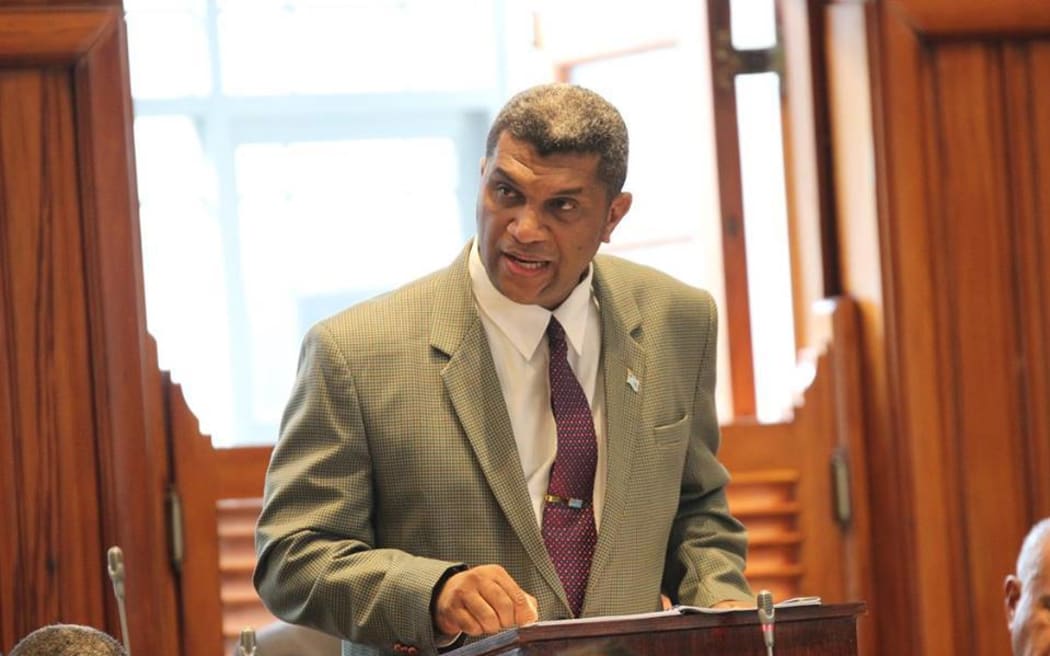By Lydia Lewis, RNZ Pacific presenter/bulletin editor
Fiji cannot compete with Australia and New Zealand to retain its teachers, the man in charge of the country’s finances says.
The Fijian education system is facing major challenges as the Sitiveni Rabuka-led coalition struggles to address a teacher shortage.
While the education sector receives a significant chunk of the budget (about NZ$587 million), it has not been sufficient, as global demand for skilled teachers is pulling qualified Fijian educators toward greener pastures.
Deputy Prime Minister and Finance Minister Biman Prasad said that the government was training more teachers.
“The government has put in measures, we are training enough teachers, but we are also losing teachers to Australia and New Zealand,” he told RNZ Pacific Waves on the sidelines of the University of the South Pacific Council meeting in Auckland last week.
“We are happy that Australia and New Zealand gain those skills, particularly in the area of maths and science, where you have a shortage. And obviously, Fiji cannot match the salaries that teachers get in Australia and New Zealand.

According to the Education Ministry’s Strategic Development Plan (2023-2026), the shortage of teachers is one of the key challenges, alongside limited resources and inadequate infrastructure, particularly for primary schools.
Hundreds of vacancies
Reports in local media in August last year said there were hundreds of teacher vacancies that needed to be filled.
However, Professor Prasad said there were a lot of teachers who were staying in Fiji as the government was taking steps to keep teachers in the country.
“We are training more teachers. We are putting additional funding, in terms of making sure that we provide the right environment, right support to our teachers,” he said.
“In the last two years, we have increased the salaries of the civil service right across the board, and those salaries and wages range from between 10 to 20 percent.
“We are again going to look at how we can rationalise some of the positions within the Education Ministry, right from preschool up to high school.”
Meanwhile, the Fiji government is currently undertaking a review of the Education Act 1966.
Education Minister Aseri Radrodro said in Parliament last month that a draft bill was expected to be submitted to Cabinet in July.
“The Education Act 1966, the foundational law for pre-tertiary education in Fiji, has only been amended a few times since its promulgation, and has not undergone a comprehensive review,” he said.
“It is imperative that this legislation be updated to reflect modern standards and address current issues within the education system.”
This article is republished under a community partnership agreement with RNZ.
This post was originally published on Asia Pacific Report.
